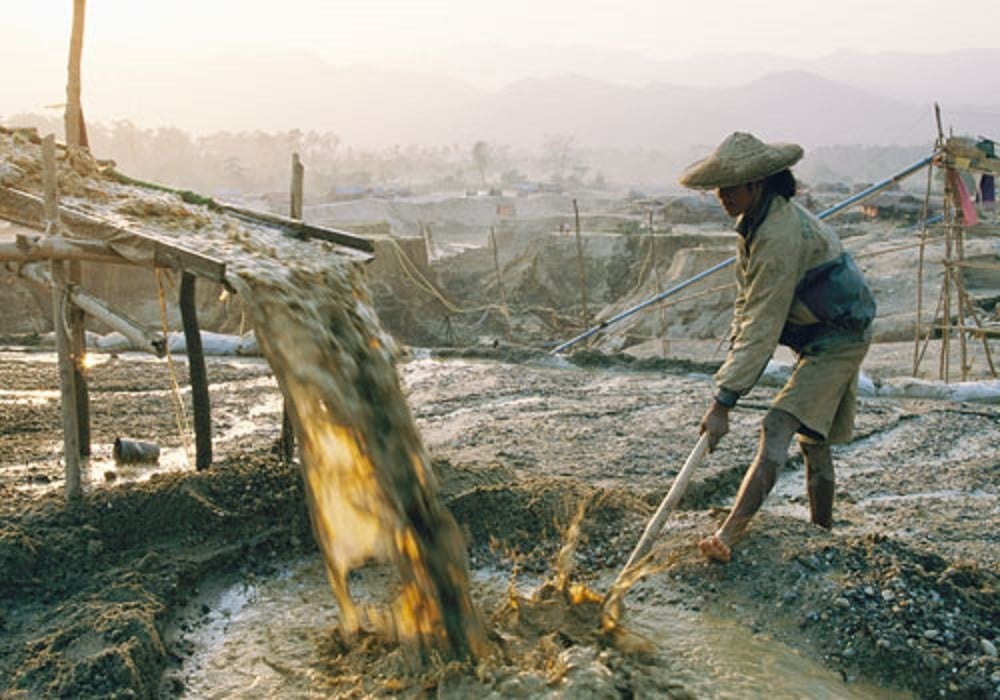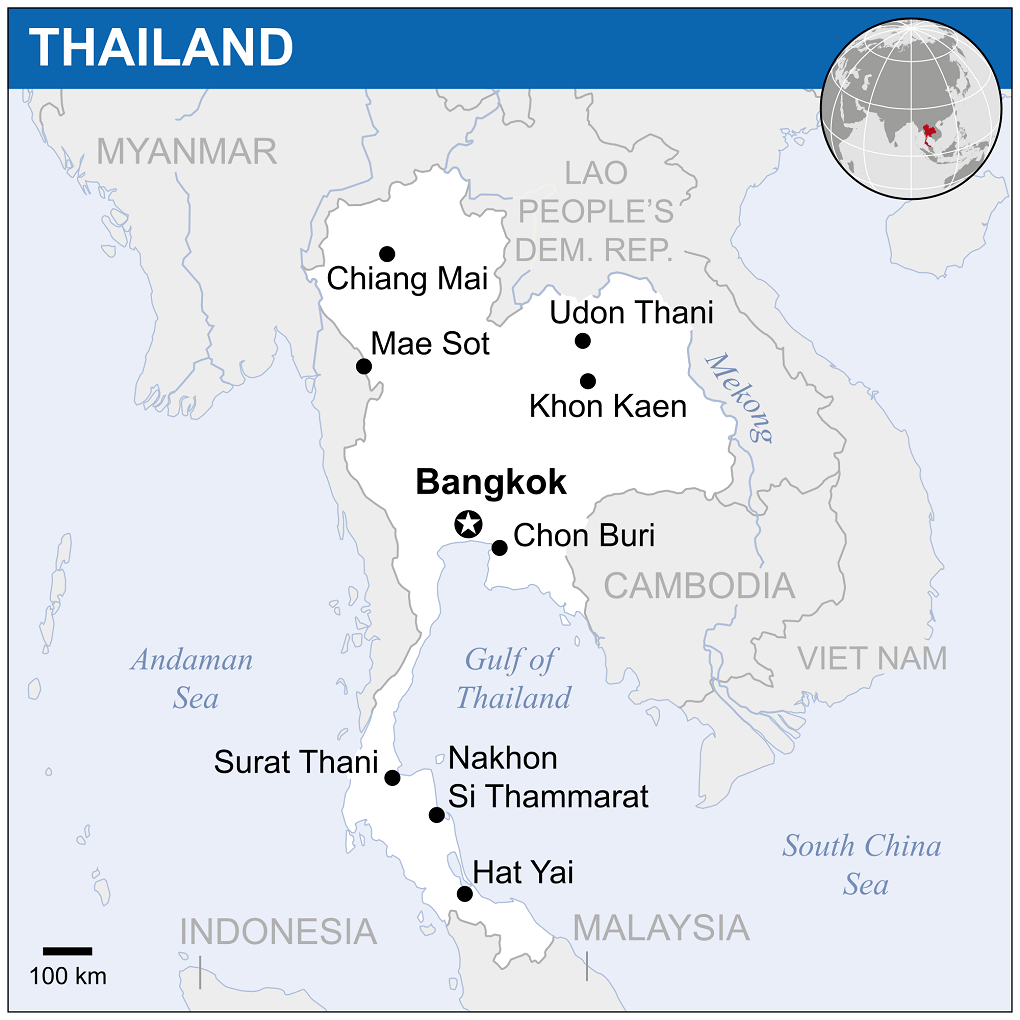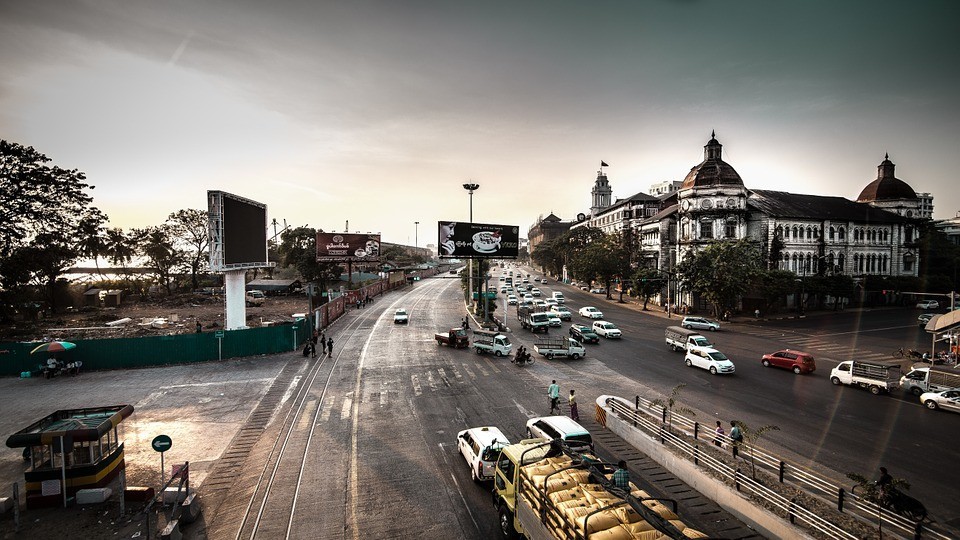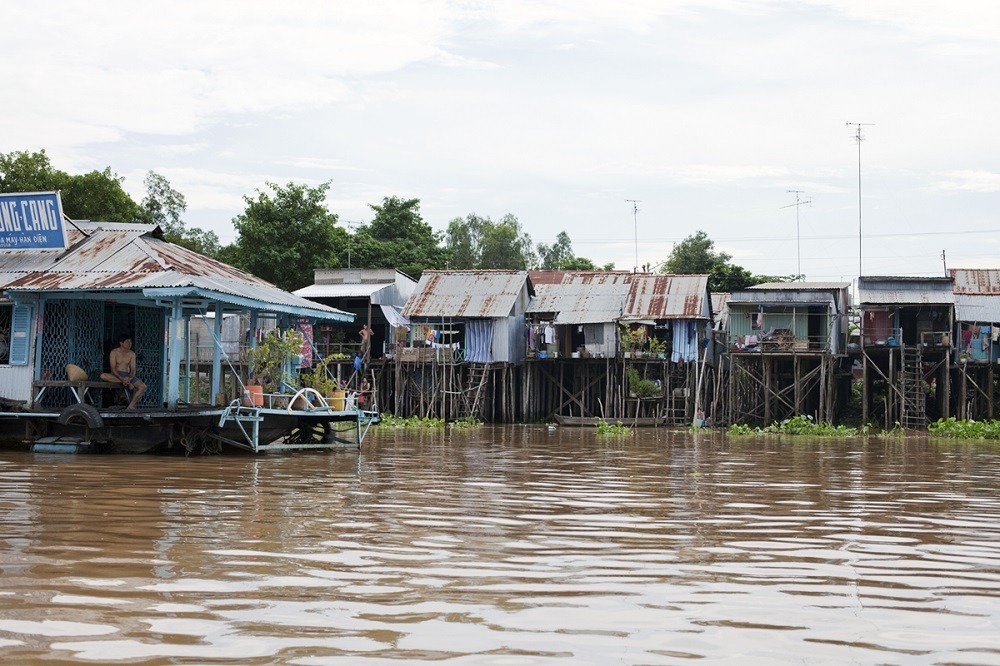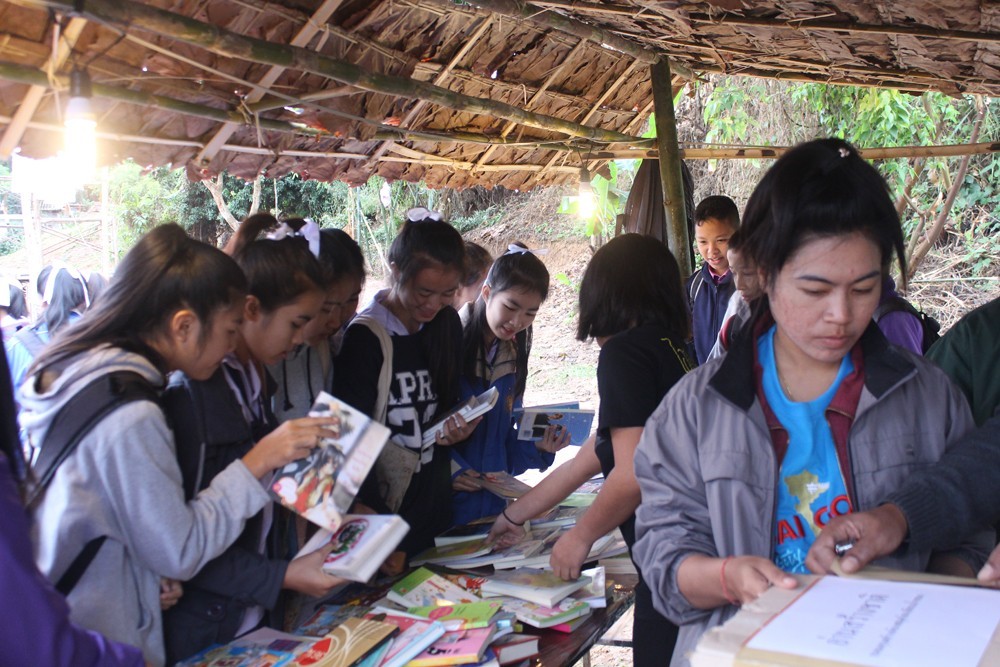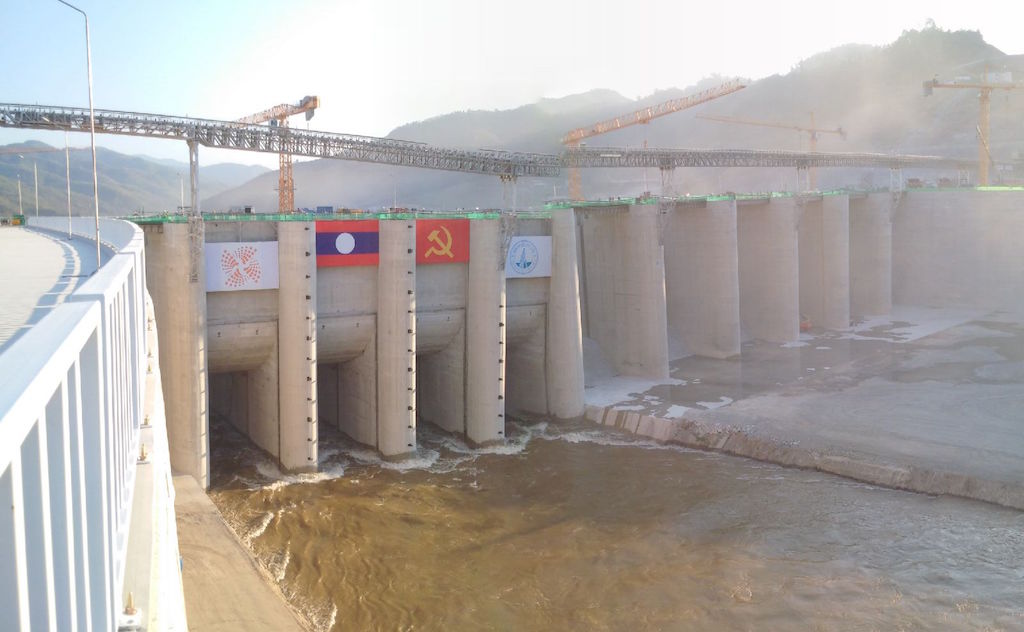Myanmar’s first report under the Extractive Industries Transparency Initiative (EITI) has provided levels of disclosure on companies’ activities “unthinkable” just a few years ago, NGOs and civil society organisations said. But they also see it as only a first step in pulling back the curtain on how Myanmar’s natural resources are managed.
All Stories
Thai junta scraps regulations on industries, power plants
Thai junta leader has used his absolute power to scrap regulations on the construction of power plants and factories in a bid to secure energy needs and woo investors.
On Energy Policy, Experts and Officials Differ
Experts last week urged Cambodia to move away from large-scale hydropower and coal projects and toward more environmentally friendly sources of power or risk long-term energy insecurity, following the launch of a report by investment and advisory firm Mekong Strategic Partners in Phnom Penh. The report highlights how the increasing affordability of renewable technology combined with an international interest in efficiency and sustainability are leading most countries away from fossil fuels—with Cambodia seemingly heading in the opposite direction.
Risks loom for Myanmar’s Kyaukphyu Economic Zone
The end of 2015 saw a series of major announcements and decisions regarding Myanmar’s latest special economic zone (SEZ) in Kyaukphyu township of Rakhine State. In late December, Myanmar’s government approved the demarcation of land for the SEZ and awarded tenders to develop the SEZ to a CITIC Group-led consortium.
Author Q&A: How communities struggling with climate and development are “Living with the Mekong”
The richly illustrated book Living with the Mekong provides readers with insights into urban developments in one of the world’s most threatened deltas. According to the author, the book gives a personal account of “how Vietnam and the Vietnamese people cope with the consequences of climate change.” Joep Janssen, a Dutch urban delta expert, travelled through the Mekong Delta and Ho Chi Minh City area researching the impacts of climate change and development on farmers and urban inhabitants. The Mekong Eye talked to Joep, via email, about urbanization, climate change, development, and how decision makers in the Mekong region might learn from the Dutch experience.
Forecast Stormy for Mekong, Commission Says
With the threat of climate change, a long-lasting drought, and contentious dam construction in Laos, the Mekong River Commission (MRC) has its work cut out for the rest of the year. Composed of delegates from Cambodia, Laos, Thailand, and Vietnam, the MRC is in charge of managing the river that provides livelihoods and power for much of Southeast Asia. Several delegates said yesterday that the organization will face challenges in the years ahead.
“Water remains as important as ever,” said General Surasak Karnjanarat, the head of the MRC’s delegation from Thailand. “It needs to be recognized as key to various development goals…but the situation has become more complex due to a number of challenges we are facing.”
Opening of Mekong River School: passing on knowledge on ecology, culture & environment to next generations
Last week, the group of Thai Society of Environmental Journalist and Thai Journalist Association together with 15 news outlets went to Chiang Kong district in Chiangrai province to follow up on the progress of the establishment of the second phase of Special Economic Zone, and the impact on the surrounded communities. They also attended the opening of Mekong School, which is situated on Mekong River bank in Chiang Kong River. Mekong School is set up under the philosophy “Respect for nature and Faith in humanity justice” by villagers and different stakeholders to provide learning space Mekong ecology, culture and environment of Mekong River. Under “Field of Learning” concept, Mekong School provides knowledge on Mekong River history, local cultures and academic researches on Mekong. The school also plans to set up Mekong Library for database and research purposes.
With AIIB, Nation Diversifies Funding Options
Though it’s extremely early days, experts this week welcomed Cambodia’s membership to the nascent China-led Asian Infrastructure Investment Bank (AIIB), saying it would provide much-needed diversity of funding for the nation’s infrastructure and connectivity needs.
Launched in Beijing last weekend, the multilateral development bank aims to support infrastructure growth in the Asia-Pacific region through the provision of loans, and supports China’s ambitious “One Belt, One Road” initiative to boost trade and connectivity across the Eurasian landmass.
Open Development Cambodia new Generation 2 website launched
Open Development Cambodia, has launched its new Generation 2 website. On the new website you will find about 100 pages of briefings covering 17 development sectors, an expanded law compendium, a comprehensive listing of ELCs, new maps, and an improved map explorer, as well as the daily news summaries. This makes ODC the first country website to interface with the new regional Open Development Mekong (https://opendevelopmentmekong.net , as part of a platform expansion that will eventually include websites for all five Lower Mekong countries.
At the Borders of Ecological Destruction
A new year is often a time for joyful celebration. But Pianporn Deetes bid farewell to 2015 with a heavy heart.
“The Administrative Court gave me the most cruel Christmas ever. My spirit was dampened throughout the New Year period,” she said.
Pianporn is remembering her experience listening to the ruling on the Xayaburi Dam on Dec 25. The lawsuit — in which 37 villagers from eight provinces in Thailand affected by the project sued the Energy Ministry and Electricity Generating Authority of Thailand for allegedly signing a power purchase agreement illegally — is a landmark case since it was the first time people have gone to court for environmental and community rights protection from a transborder project championed by the Asean Economic Community (AEC). The dam is now being constructed, with investment from Thailand, on the Mekong River in Laos. When finished, over 90% of electricity from the dam will be sold to Thailand.


